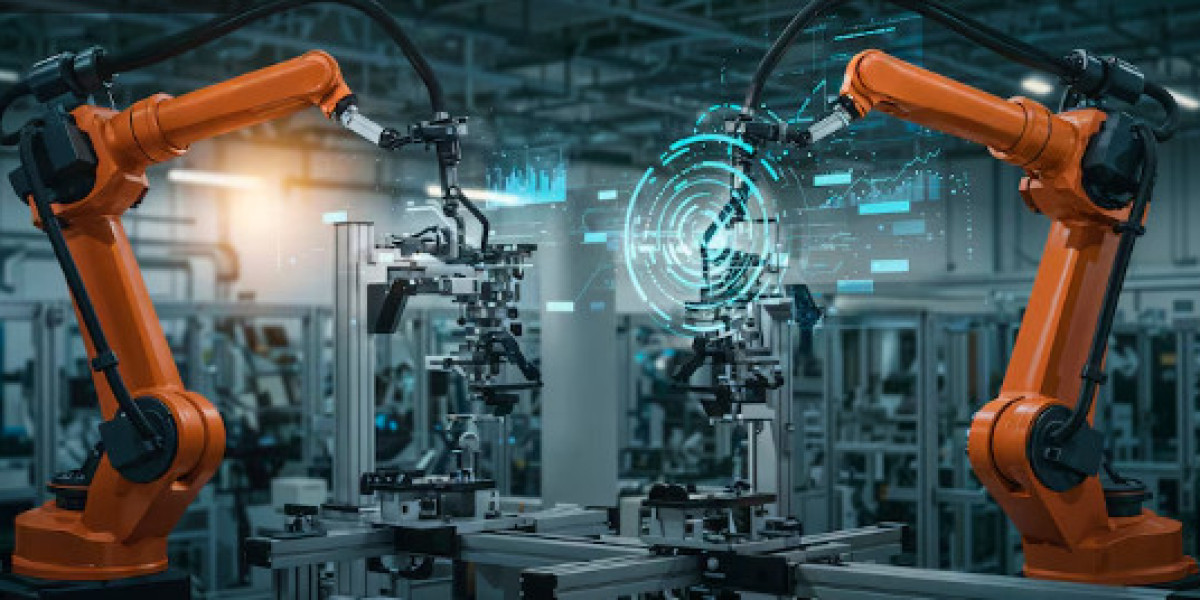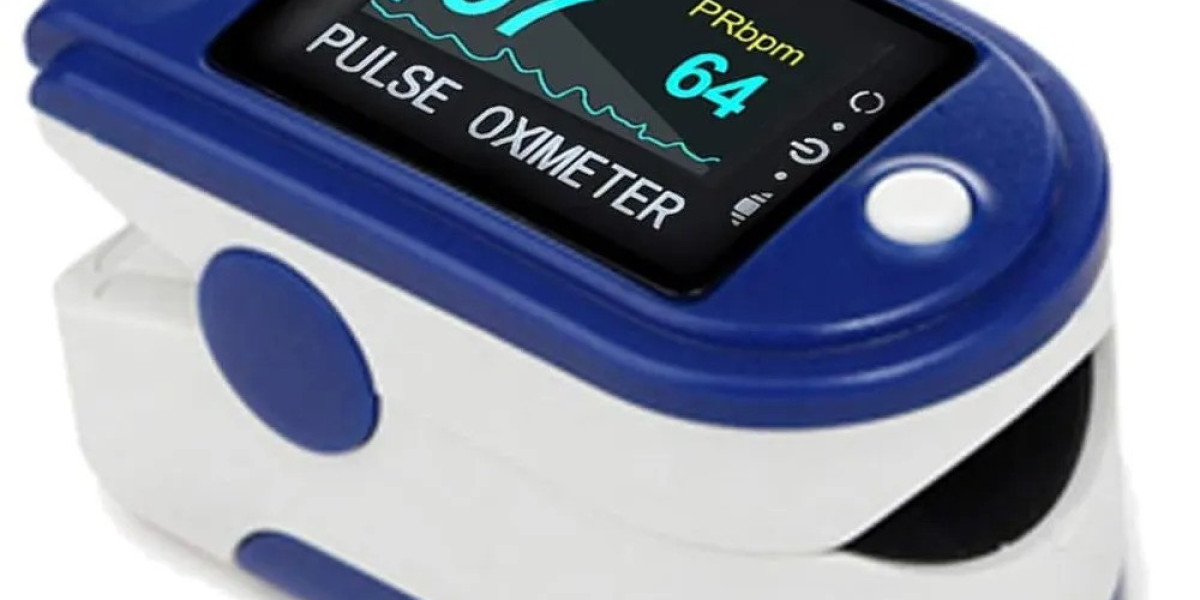Modern manufacturing thrives on speed, accuracy, and unwavering reliability. From the synchronized dance of robotic arms to the instantaneous adjustments in process control, the demand for operations executed with exacting precision has never been higher. This critical need for deterministic, low-latency performance defines advanced manufacturing, and it's here that specialized embedded development services prove indispensable. They are the unseen force, providing the foundational real-time control that empowers Industry 4.0's most sophisticated environments.
The Absolute Necessity of Real-Time Precision in Manufacturing
Real-time control goes beyond mere speed; it's about predictability and determinism. In industrial settings, this means systems must react to inputs within strict, predictable timeframes, every single time. Imagine a high-speed assembly line: a fraction of a second's delay in a robotic movement can lead to product defects, machinery collisions, or even safety hazards. Such critical operations cannot tolerate the variable latencies inherent in general-purpose computing.
Achieving this level of consistent, precise control is profoundly reliant on purpose-built embedded systems and their expertly crafted software.
Embedded Development: The Engine of Real-Time Control
Embedded development services are uniquely equipped to meet these stringent demands due to their direct, low-level interaction with hardware. This enables:
Deterministic Execution with RTOS: Real-Time Operating Systems (RTOS), such as FreeRTOS, VxWorks, or QNX, are fundamental. Expert embedded developers leverage these to ensure critical tasks execute within strict deadlines, vital for synchronized machinery and predictable operations.
Deep Hardware Integration: From microcontrollers and FPGAs to custom sensors and actuators, embedded developers program directly at the hardware level using languages like C/C++. This maximizes performance, optimizes resource utilization, and ensures predictable timing for even the most demanding applications.
Optimized Industrial Protocols: Effective real-time control demands seamless communication. Embedded development services specialize in implementing and optimizing industrial communication protocols (e.g., EtherCAT, PROFINET, Modbus TCP, OPC UA) at the firmware level, ensuring rapid and reliable data exchange across the factory floor.
Firmware as the Control Hub: The firmware developed through expert embedded software development acts as the immediate intelligence for automation machinery. It processes real-time sensor data, makes instantaneous decisions, and sends precise commands back to actuators, ensuring unparalleled accuracy and responsiveness.
Key Applications Empowered by Real-Time Embedded Control
The transformative impact of high-performance embedded development is evident across modern manufacturing:
Robotics and Collaborative Robots (Cobots): Precision motion control, seamless sensor fusion for path planning and obstacle avoidance, and robust safety system integration are all direct outcomes of advanced embedded software development for robotics.
Automated Guided Vehicles (AGVs) & Autonomous Mobile Robots (AMRs): Real-time navigation, mapping, and dynamic path adjustment for self-guided vehicles rely heavily on specialized embedded systems that process environmental data and execute precise movements instantly.
Machine Vision Systems: For automated quality inspection, defect detection, and precise robotic guidance, embedded solutions enable lightning-fast image acquisition and real-time processing directly on the device, ensuring immediate action.
Process Control Systems: In industries requiring exact regulation of variables like temperature or pressure, embedded development services create systems that continuously monitor, analyze, and adjust parameters in real-time, preventing costly deviations and ensuring consistent output.
Industrial IoT (IIoT) Edge Devices: Crucial for IIoT, embedded edge devices collect, preprocess, and securely transmit vast amounts of sensor data directly from the factory floor. This enables localized decision-making and immediate responses, reducing reliance on cloud infrastructure for time-critical operations.
Choosing Your Embedded Development Services Partner
For manufacturers aiming to leverage real-time control and advance their automation capabilities, selecting the right partner for embedded development services is a strategic decision. Look for a provider that offers:
Deep Expertise in Real-Time Systems: A profound understanding of RTOS and deterministic programming is fundamental.
Comprehensive Lifecycle Support: From initial concept and architecture to robust firmware development, rigorous testing, and deployment.
Hardware-Software Integration Prowess: The ability to ensure seamless interplay between hardware components and custom software for optimized performance.
Industry-Specific Experience: A proven track record in manufacturing, industrial automation, and relevant safety/compliance standards.
Commitment to Quality & Reliability: Rigorous testing, functional safety adherence, and secure coding practices for mission-critical industrial applications.
Conclusion: The Embedded Foundation of Industry 4.0
The era of advanced manufacturing automation is unequivocally built upon the foundational capabilities delivered by expert embedded development services. These specialized teams engineer the real-time control systems that are the very heartbeat of modern industrial processes. By ensuring unparalleled precision, predictability, and unwavering performance, top-tier embedded development is not merely supporting the Industry 4.0 revolution—it's actively driving it, making factories smarter, safer, and more productive than ever before.








